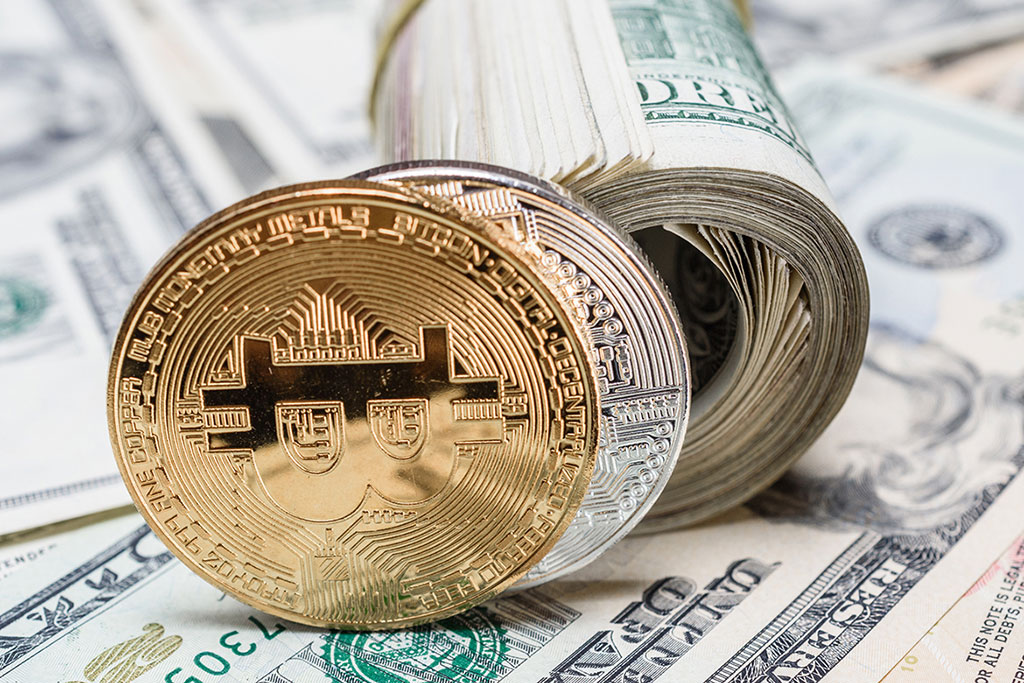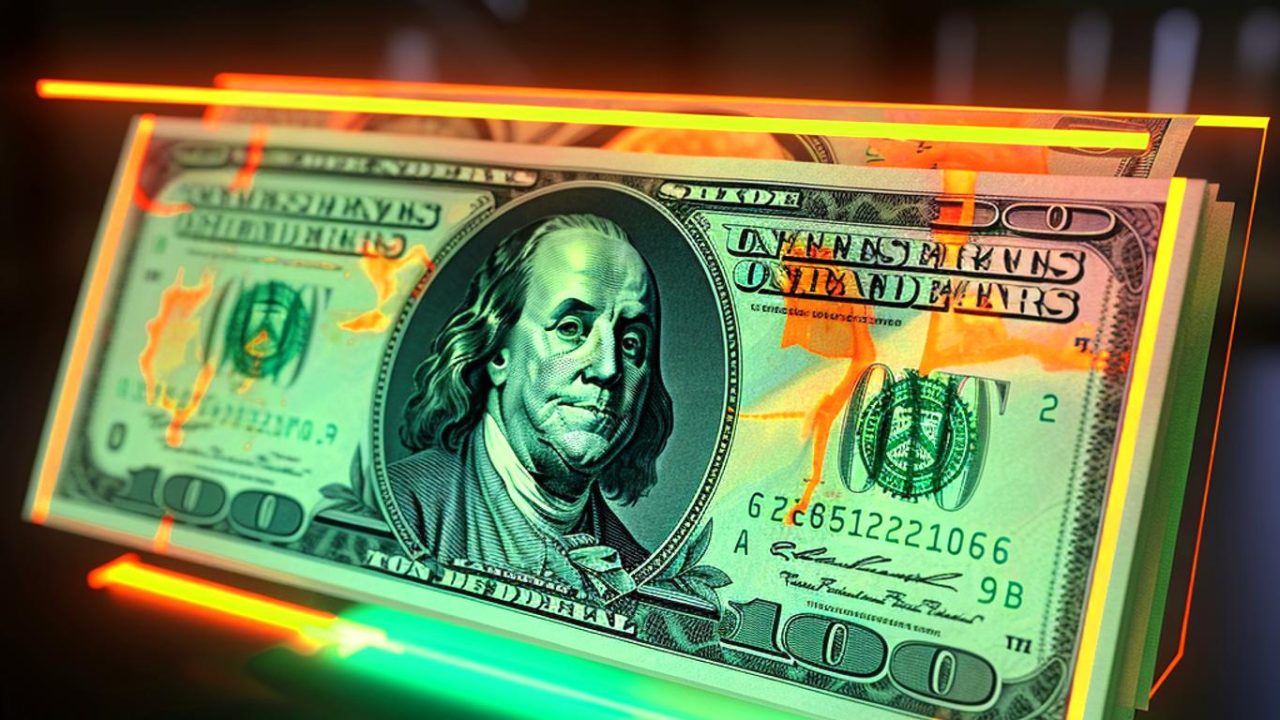Bitcoin is on track to replace gold as the leading store of value within the next ten years, according to Bernstein.
The firm’s analysts expect Bitcoin to become a core component of institutional asset allocations and corporate treasuries. Gautam Chhugani, an analyst at Bernstein, wrote, “We expect Bitcoin to emerge as the new-age premier ‘store of value’ asset eventually replacing gold.”
This prediction comes as Bitcoin surges past the $100,000 mark for the first time, driven by a 141% surge in 2024 alone.
The historic rally picked up steam after the U.S. presidential election on November 5, with investors betting on the incoming Trump administration to adopt policies favorable to the crypto industry. Bernstein projects Bitcoin will reach $200,000 by late 2025.
Bitcoin kickstarts long-awaited bull run
Bitcoin broke through the $100,000 barrier late Wednesday night, reaching a peak of $103,844.05. By Thursday afternoon, it pulled back slightly to $99,140.00, according to Coin Metrics.
The rally has been fueled by institutional support and political developments, including Trump’s plan to replace SEC Chair Gary Gensler with Paul Atkins. Gary is viewed as a major obstacle to the sector’s growth.
Trump’s announcement energized the market, as did his post on Truth Social, where he took credit for Bitcoin’s milestone. “You’re welcome,” he wrote. His administration promises to push for policies to support Bitcoin’s growth, such as removing taxes on crypto transactions and creating a national Bitcoin reserve.
Bernstein isn’t alone in its optimism. Gil Luria of D.A. Davidson called Bitcoin a low-correlation asset that could replace gold as a hedge against economic instability. “Bitcoin’s main application right now is as a store of value,” Luria said.
However, he did point out that Bitcoin’s price still moves more in line with risk assets than gold does, making it less stable as a hedge.
Luria attributed Bitcoin’s growth to its adoption rate rather than macroeconomic factors. Employment, regulation, tax policy, and globalization all play a role in shaping Bitcoin’s value.
Despite its rising profile, Luria acknowledged that Bitcoin still has hurdles to clear before it can function as a widely accepted medium of exchange or unit of account. “There is still a long path ahead,” he said.
Bitcoin is here to stay
The roots of Bitcoin’s appeal lie in its origins during the 2008 financial crisis. Created as a decentralized alternative to traditional finance, Bitcoin promised a way to bypass banks and governments.
Satoshi Nakamoto’s Bitcoin Whitepaper described it as “peer-to-peer electronic cash,” laying the groundwork for what has now become a 2 trillion-dollar market.
Over the years, Bitcoin has endured skepticism, hostility, and regulatory crackdowns, but its resilience has made it a favorite among both retail and institutional investors.
Mike Novogratz, CEO of Galaxy Digital, called the $100,000 milestone a “paradigm shift.” He pointed to the pro-crypto policies expected under Trump as a key driver of Bitcoin’s continued success.
While Novogratz warned that Bitcoin’s price won’t always move in a straight line upward, he remains bullish on its long-term potential.
Bitcoin is now up more than 133% for the year, with a 42% gain since the November election. Federal Reserve Chair Jerome Powell weighed in on Bitcoin’s role in the financial ecosystem during the DealBook conference.
“Bitcoin is just like gold, only it’s virtual, it’s digital,” Powell said, adding that it competes with gold rather than traditional currencies like the U.S. dollar. It’s not exactly an endorsement, but it’s the closest we can get to when it comes to Powell.
Land a High-Paying Web3 Job in 90 Days: The Ultimate Roadmap





